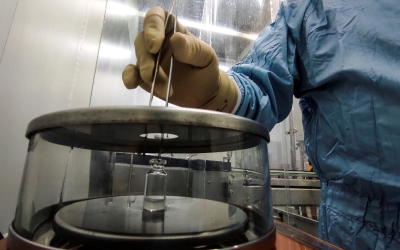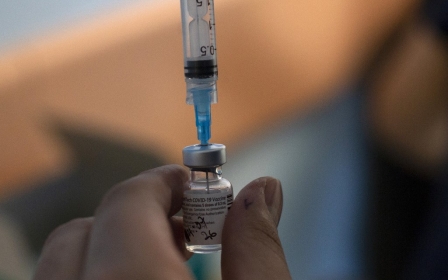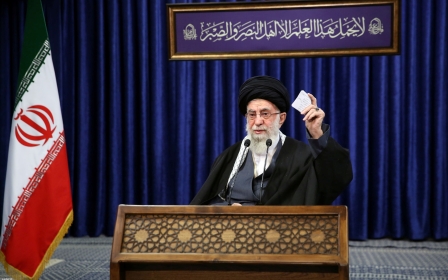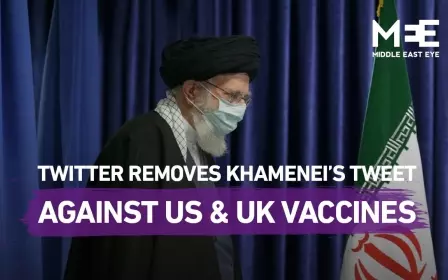Covid-19: Iran approves Russian Sputnik V vaccine
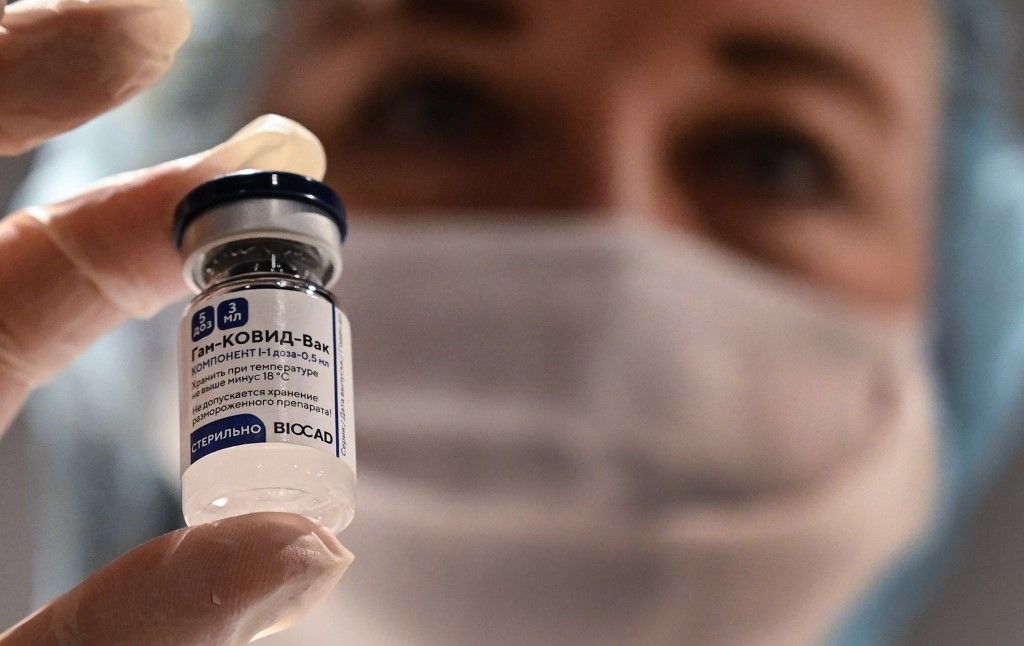
Iran has approved Russia's Sputnik V vaccine and said that it planned to import it as well as produce it in the fight against the coronavirus pandemic, Foreign Minister Javad Zarif said on Tuesday.
Zarif made the announcement during a press conference with his Russian counterpart, Sergei Lavrov, in Moscow.
"The Sputnik V vaccine was yesterday also registered and approved by our health authorities," Zarif said.
"In the near future, we hope to be able to purchase it, as well as start joint production."
Iran has born the brunt of the coronavirus pandemic in the Middle East, with a recorded 1.38 million positive cases and 57,560 deaths.
The decision to approve the Russian vaccine comes weeks after Supreme Leader Ayatollah Ali Khamenei banned Iran from importing vaccines from Britain and the United States.
Khamenei's pronouncement led the Iranian Red Crescent Society to refuse 150,000 vaccines donated by Pfizer.
Earlier this month, Khameini described vaccines coming from the UK and the United States as "completely untrustworthy" during a televised speech in Tehran.
"Imports of US and British vaccines into the country are forbidden… They're completely untrustworthy. It's not unlikely they would want to contaminate other nations," said Khamenei, the country's highest authority.
The supreme leader also said vaccines produced in France were "untrustworthy".
"Given our experience with France's HIV-tainted blood supplies, French vaccines are not trustworthy either," he said, in reference to the country's contaminated blood scandal of the 1980s and 1990s.
Last month, Iran signed an accord with Cuba to collaborate on a locally made coronavirus vaccine.
Iran said that it would recruit 50,000 volunteers for the phase-three trial of the Cuban vaccine.
Middle East Eye delivers independent and unrivalled coverage and analysis of the Middle East, North Africa and beyond. To learn more about republishing this content and the associated fees, please fill out this form. More about MEE can be found here.


